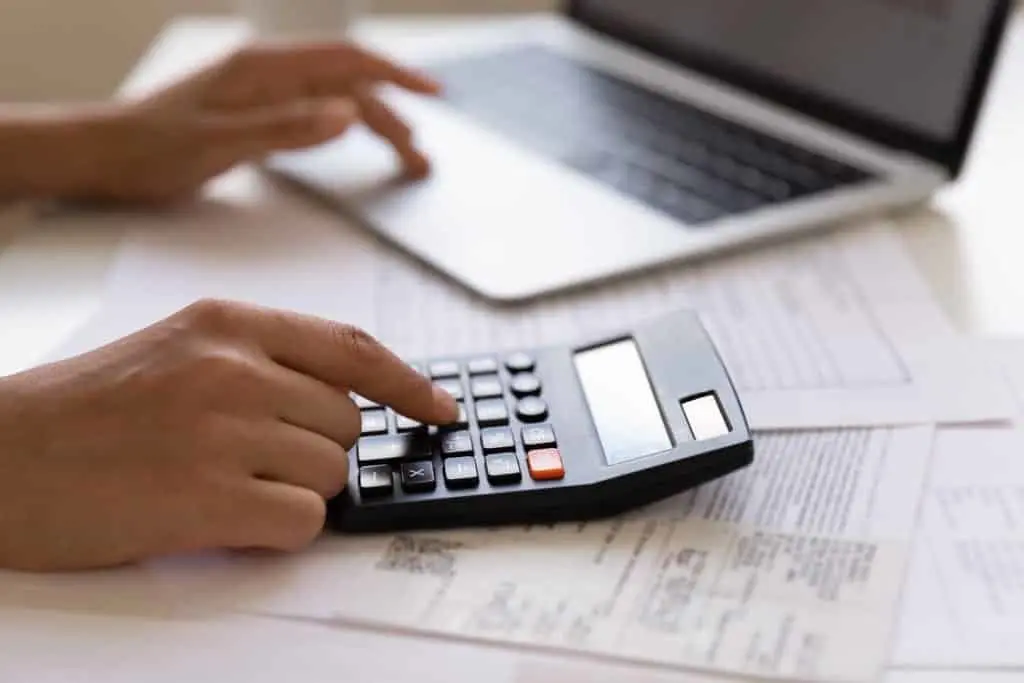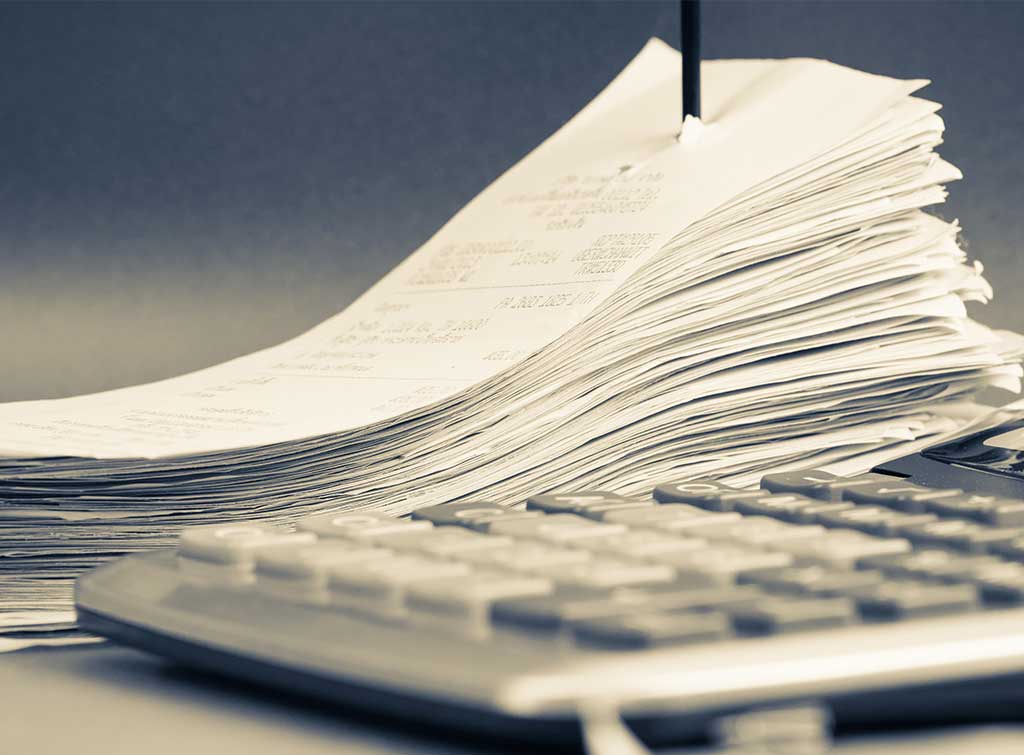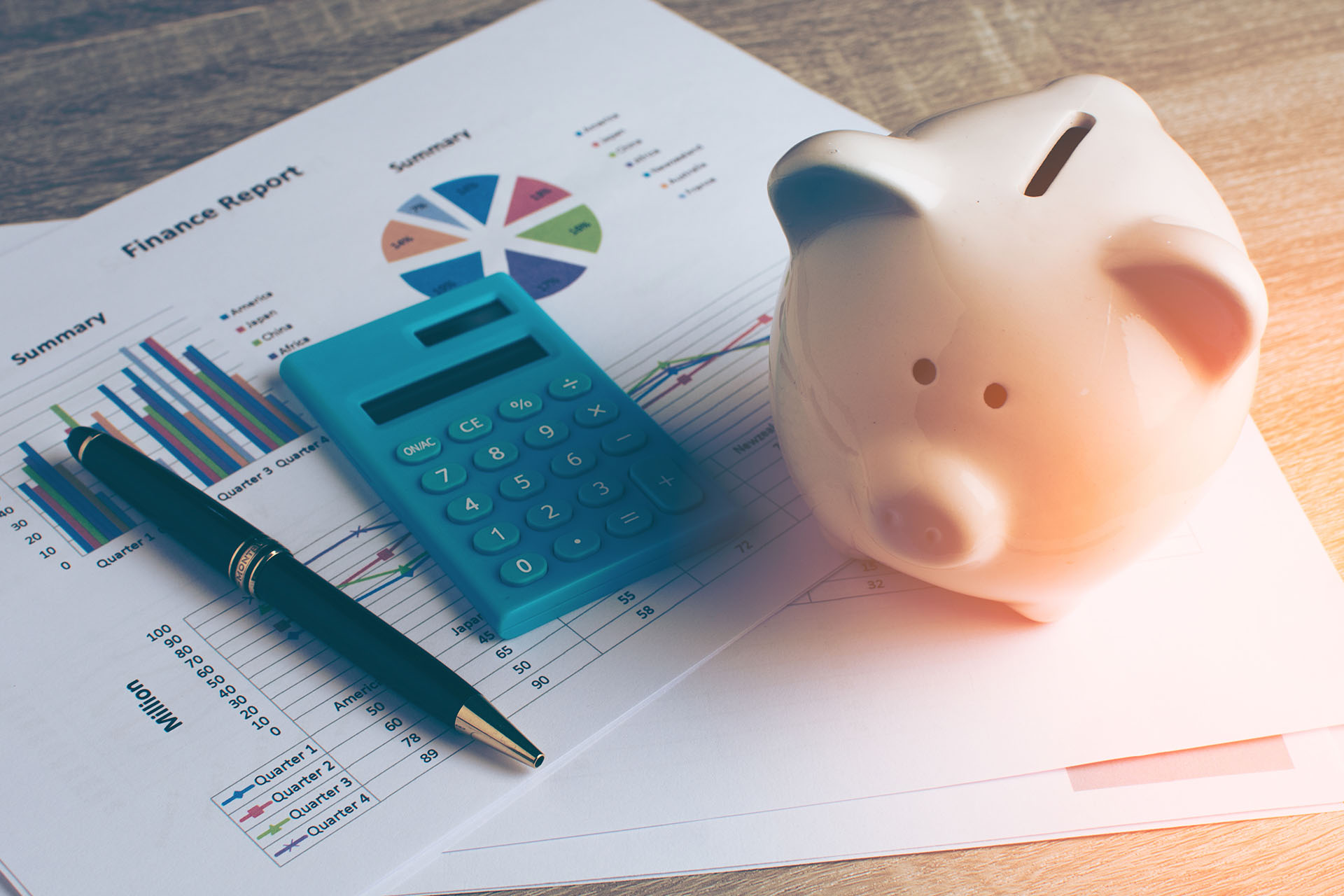Blog>Trade>Finance>Bookkeeping for small business made simple
Last updated: 24 January 2024
Bookkeeping for small business made simple
Finding your feet with your new business can be stressful and time-consuming. Here's how to nail the bookkeeping for your small business in just a few simple steps, to avoid unnecessary headaches in the future.

The importance of bookkeeping for your small business
Bookkeeping for your small business is vitally important. It's the process by which you record and report monies coming in and payments going out of your business.
Keeping on top of your company bookkeeping allows you to manage your finances efficiently, easily track payments, and claim back any business expenses (which will help to reduce your tax).
And when it comes to completing your self-assessment tax return for HMRC, believe us when we say you'll be grateful for your organised approach to bookkeeping.
How to do your own small business bookkeeping

We're often asked, "Can you do your own bookkeeping for a small business?" and "What's the best way to do bookkeeping for a small business?" These are common queries among tradespeople just starting out with their new business.
Even if you’re familiar with the concept of accounting, there’s a big difference between bookkeeping and accounting. In short:
Bookkeeping is recording and tracking your finances and transactions
Accounting involves analysing and reporting on your financial data
The good news is, you absolutely can do your own bookkeeping. We've got you covered with our essential guide to basic bookkeeping for small businesses, right here.
It might seem like an overwhelming prospect, but follow our 3 steps for how to do your own small business bookkeeping, and you'll be surprised just how easy it can be.
Step 1. Choose your accounting method and software
Accounting method
A business can either run its books using the traditional accounting method or the cash basis accounting method.
Your accounting method depends on your business structure and turnover, so make sure you select the right one for your startup. If you're unsure, we recommend you speak with an accountant for advice.
Traditional accounting records your income and your expenses when you do the work and raise the invoice
Cash basis accounting records your income and expenses when you actually receive or spend the money
Accounting software
You may find that a simple spreadsheet is all you need to keep on top of most of your small business bookkeeping.
As your business grows and expands, you can look into the free accounting software on the market. It can save you time and hassle keeping track of your income and outgoings in one handy app.
Step 2. Keep records and stay organised
Record all business income and expenditure
Get into the habit of spending a few minutes each day or a dedicated block of time each week to consolidate your invoices and payments, expenses and receipts.
Use your cash books to record (in date order) when payments were made and received
Record your sales invoices in date order of when they should be paid so that you can chase any late payments promptly
Record your purchase invoices alphabetically by supplier name so you can find them easily. File them separately under 'paid' and 'unpaid' invoices, and move the invoices over into the 'paid' file once you've settled them
Stay organised with a separate business bank account
Trust us. When it comes to consolidating payments and receipts, you'll save yourself a lot of time and hassle if you have one bank account for all your business transactions and a separate account for your personal transactions. You should pay for everything through your business credit or debit card too, so it's all recorded.
This is even more important if you run a limited company, as you and the company are two separate entities.
Step 3. Deadlines and reports
Payment deadlines
Being consistent with your books allows you to stick to deadlines.
Whether it's you owing HMRC for your tax, or customers owing you for completed work, late payment causes all sorts of problems for new businesses.
HMRC issues fines for late payment of tax. And if your customer invoices are paid late, it will have a negative impact on your cash flow.
Monthly reports
To keep abreast of how your business is performing, commit some time each month to produce a monthly report. This should include your profit and loss and your balance sheet.
This practice will also help to highlight any issues or discrepancies, e.g. outstanding invoices.
Reconciling in this way will help you to plan for the future (i.e. investing in your business) and address any weaknesses in processes that could leave your business vulnerable (i.e. late payments).

The cost of bookkeeping services for a small business
If you're unsure how to do bookkeeping for your self-employed business, or you simply don't have the time, why not enlist a bookkeeper to help you out?
Hiring an accountant to do your basic bookkeeping will usually cost in the region of £25 - £35 per hour.
3 bookkeeping mistakes to avoid
Failing to budget for your tax bill
When you're self-employed, you're responsible for completing an annual self-assessment tax return to HMRC. Failure to pay your tax bill can result in a fine, so it's important to budget for this.
The tax bill can often be a considerable expense for small businesses. Use the government's self-employed ready reckoner to help budget and plan for your upcoming self-assessment tax bill.
Failing to claim on expenses
Some of your business expenses can be deducted from your turnover when completing your self-assessment, thus reducing your tax bill.
If you don't keep clear and accurate records of your business expenses (ie. keep and organise receipts) as part of your bookkeeping processes, you'll miss out on being able to claim these expenses against your tax bill.
Failing to keep financial records
If you're a sole trader, you must keep your business records for a minimum of five years after the self-assessment deadline. For limited companies, it's six years.
FAQs
Can I do my own bookkeeping?
Yes. It is possible to do your own small business bookkeeping. The minimum 'books' you need to keep a record of are:
Your cashbook (for your business cash flow, i.e. money in and out of the business)
Sales invoices (for work completed and invoiced)
Purchase invoices (to record business expenses and how you've bought them)
Does a small business need a bookkeeper and an accountant?
No. You don't need an accountant as a small business, but you do need someone in charge of bookkeeping. You can usually employ an accountant to provide basic bookkeeping services for small businesses. An accountant can provide a range of additional services. This can include help with your self-assessment tax return, payroll, and business planning.
Disclaimer
This information is for guidance purposes only and does not amount to financial or legal advice or recommendation. The content and materials featured or linked to on this blog are for your information and education only and are not intended to address your particular personal requirements. The information does not constitute financial advice or recommendation and should not be considered as such. The Checkatrade website is not regulated by the Financial Conduct Authority (FCA), its authors are not financial advisors, and it is therefore not authorised to offer financial advice. Always do your own research and seek independent financial advice when required. Any arrangement made between you and any third party named or linked to from the site is at your sole risk and responsibility. Checkatrade blog and its associated writers assume no liability for your actions.
Content disclaimer: This content has been created for general information purposes and should not be taken as formal advice. Read our full disclaimer here.


